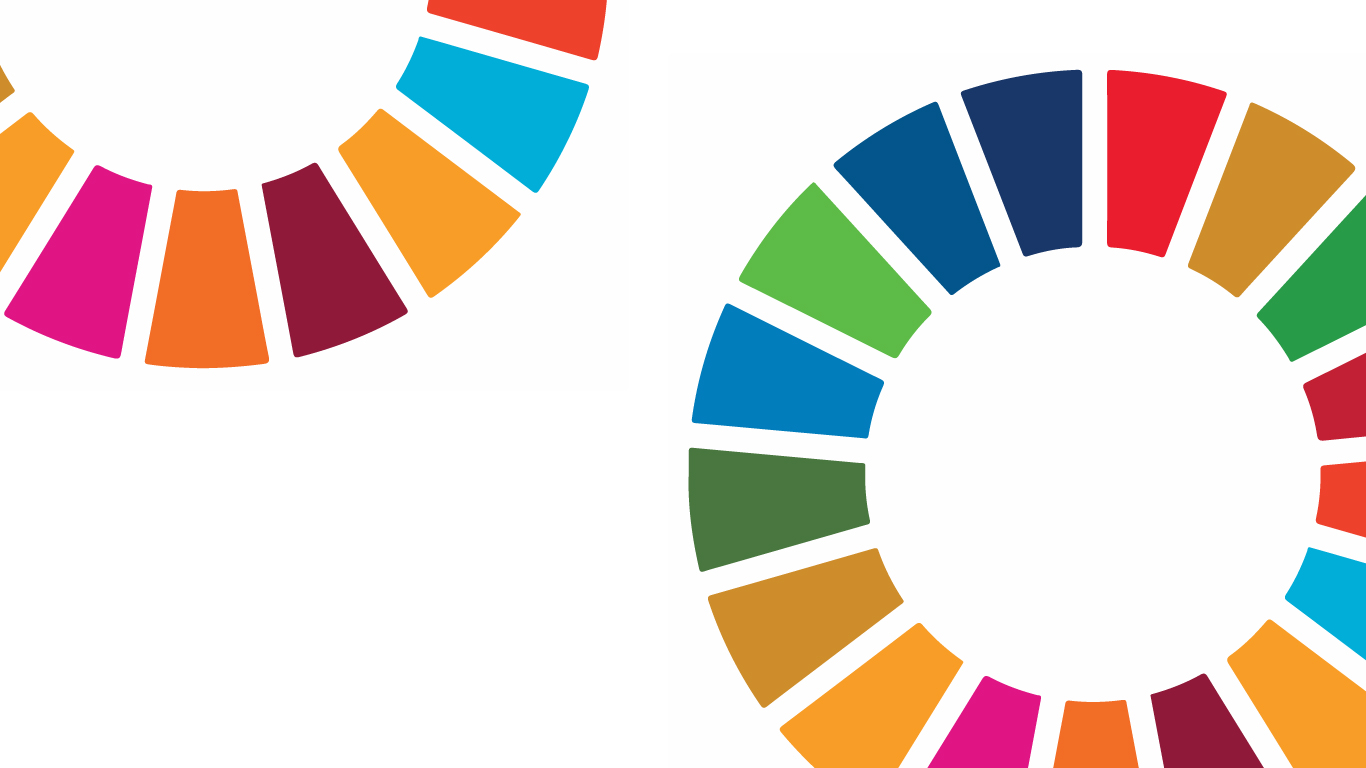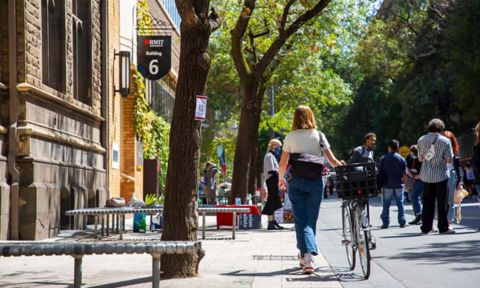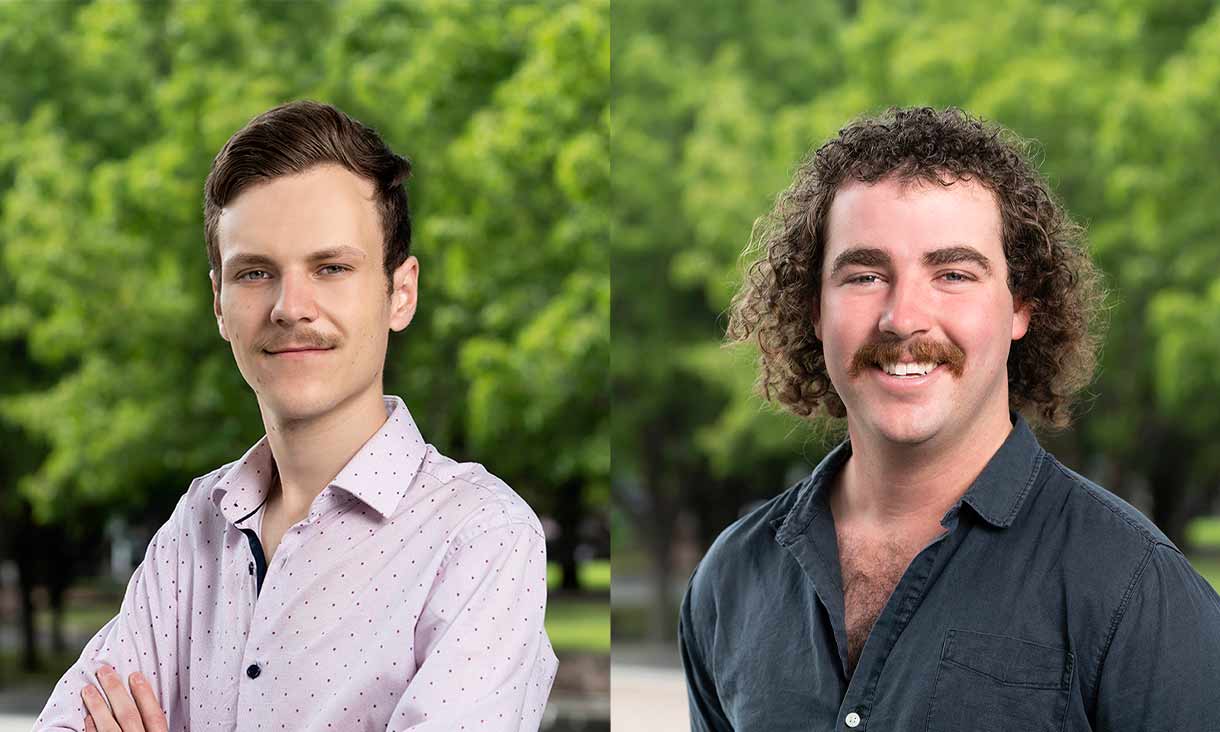SDG Governance and Reporting in Partnership with CPA Australia
A new report from RMIT University and CPA Australia has revealed that there is substantial variability in the content and quality of SDG disclosures within corporate sustainability reports, bringing into question the management processes associated with SDG governance and reporting.
A breath of fresh air
RMIT is partnering up with EIT Urban Mobility and FutureLearn to launch a series of free online courses that answer the question: How can we improve air quality in our cities? The courses will launch on 22 September 2022, in accordance with World Car Free Day, and we invite you to join us!
Sustainability and SDGs Annual Report for 2021
RMIT has released its Sustainability Annual Report and Sustainable Development Goals (SDGs) Impact Report for 2021. These reports reflect our commitment to accountability and transparency regarding the way our learning and teaching, research and innovation, and operations impact the environment and society.
SDGs Interview Series with: Adam Steiner and Sheldon Gait
As part of our series of interviews looking at how RMIT is supporting the SDGs, this month we have RMIT University Student Union (RUSU) President, Adam Steiner and General Secretary, Sheldon Gait talking about their work with the SDGs at RUSU.







